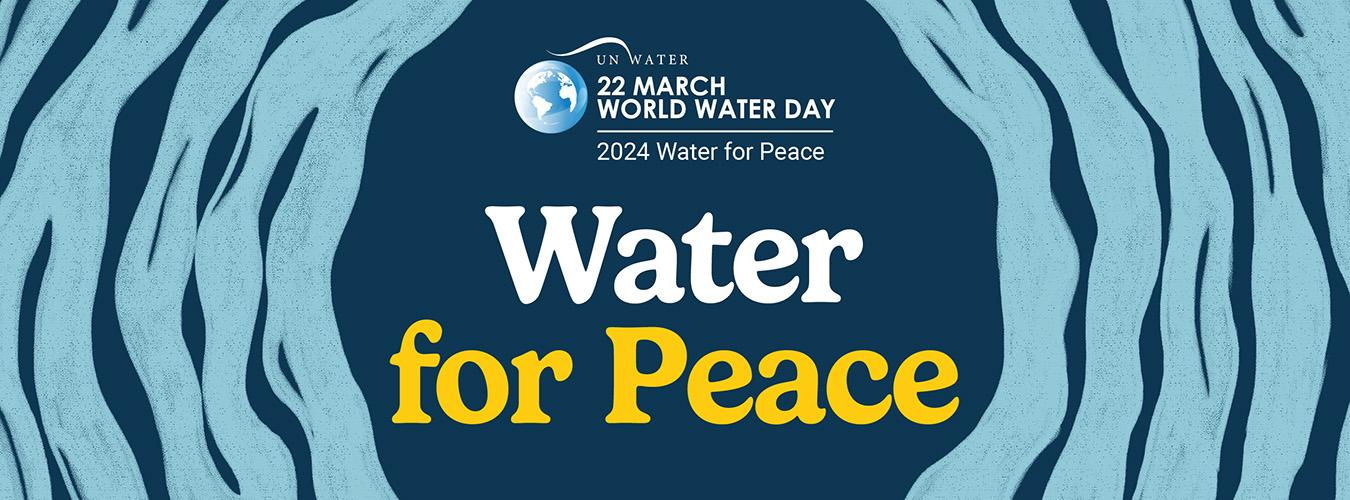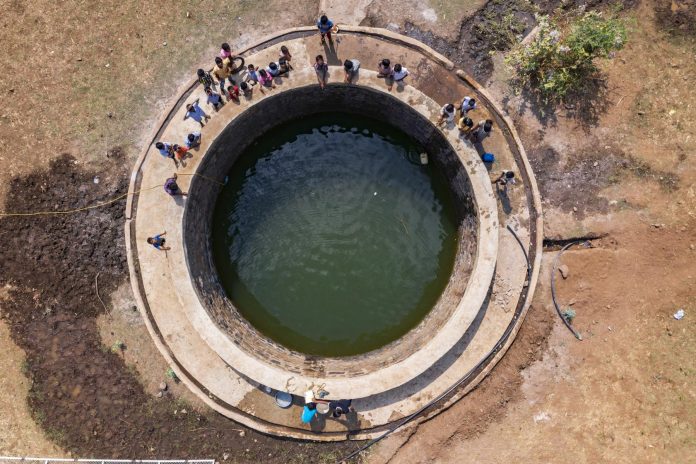As World Water Day is being commemorated, more than two billion people globally do not have access to safe water.
And the World Health Organization (WHO) says demand for it is projected to surge by over 50% by 2040.
World Water Day, observed annually on March 22nd by the United Nations, emphasizes the significance of freshwater resources and advocates for sustainable management thereof. Highlighting the importance of this day, forms part of the organization’s aim to ensure universal access to water and sanitation by 2030.
This year’s theme, “water for peace”, notes the power that water has. Scarcity thereof can increase tensions between communities, and access to clean and safe water could save lives.
“We must act upon the realization that water is not only a resource to be used and competed over – it is a human right, intrinsic to every aspect of life,” according to s statement by the United Nations.

Cape Town’s water crises
A lack of access to water is not a foreign concept to residents in Cape Town, where severe water shortages had a devastating impact in 2017. It saw restrictions being placed on water usage and all in an effort to circumvent the dreaded “day zero”.
Water levels have since been monitored on a regular basis in the city, and the Western Cape.
The Table Mountain Aerial Cableway Company says during this time it also had to ensure that fynbos was cared for and that water supplies was sufficient on the mountain. Since then, the company’s executive director, Selma Hercules, says water conservation has become principle.
“Water conservation, along with energy-efficient technologies, and waste management are integral components of our responsible tourism strategy.”


